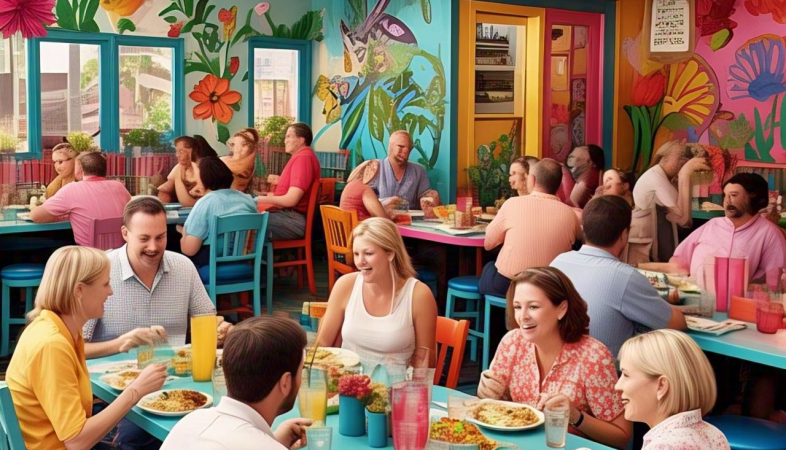Chef Life With Modern Artificial Intelligence - By Sathish Kumar Somasundaram
AI can help chefs source sustainable and ethically produced ingredients, considering factors like environmental impact and fair trade practices.
The integration of modern artificial intelligence (AI) in
the culinary world has transformed the way chefs approach cooking, food
preparation, and restaurant management. Here are some key ways AI is influencing
the life of a chef:
1. Recipe Development and Innovation
• AI-Generated Recipes: AI can
analyze vast amounts of data on flavor combinations, cultural cuisines, and
ingredient pairings to create new and innovative recipes. Chefs can use AI to explore
unique dishes that may not have been conceived otherwise.
• Personalization: AI can help create
personalized recipes based on dietary restrictions, allergies, and individual
taste preferences. This allows chefs to cater to specific customer needs more
effectively.
2. Food Preparation and Cooking Techniques
• Precision Cooking: AI-powered
cooking devices, such as smart ovens and sous-vide machines, enable chefs to
cook food with precise temperature and timing controls, ensuring consistent
quality.
• Automation: Robots and automated
kitchen appliances can handle repetitive tasks like chopping, mixing, and
plating, freeing up chefs to focus on more creative aspects of cooking.
3. Restaurant Management and Operations
• Inventory Management: AI can predict
ingredient usage based on historical data and trends, helping chefs manage
inventory more efficiently and reduce food waste.
• Customer Insights: AI tools can analyze customer feedback and preferences, allowing chefs to adjust menus and offerings to better meet customer expectations.
4. Menu Optimization and Pricing
• Dynamic Pricing: AI can help
set menu prices by analyzing factors such as ingredient costs, competition, and
customer demand, ensuring profitability while staying competitive.
• Menu Design: By analyzing sales data
and customer feedback, AI can suggest which dishes to promote, modify, or
remove from the menu, optimizing both customer satisfaction and business
performance.
5. Training and Skill Development
• Virtual Assistants: AI-powered
virtual assistants can provide real-time support and guidance to chefs, from
suggesting cooking techniques to offering ingredient substitutions.
• Educational Tools: AI-driven
platforms can offer training and skill development, providing chefs with access
to new culinary techniques and trends.
6. Sustainability and Ethical
Considerations
• Sustainable Sourcing: AI can help
chefs source sustainable and ethically produced ingredients, considering
factors like environmental impact and fair trade practices.
• Nutritional Analysis: AI tools can analyze the nutritional content of dishes, enabling chefs to create healthier options and provide detailed information to customers.
While AI offers numerous benefits to the culinary world, it also presents challenges and ethical considerations, such as data privacy, job displacement, and the need for chefs to adapt to new technologies. However, when used thoughtfully, AI can enhance the creativity, efficiency, and sustainability of the culinary arts, enriching the chef's life and the dining experience.
.png)


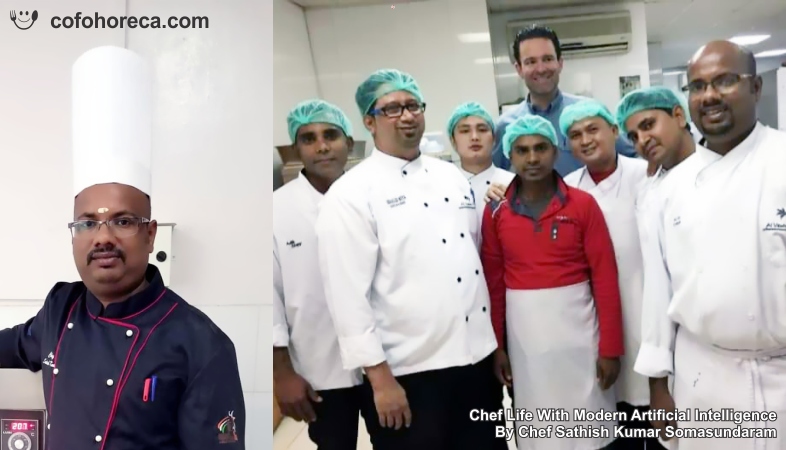



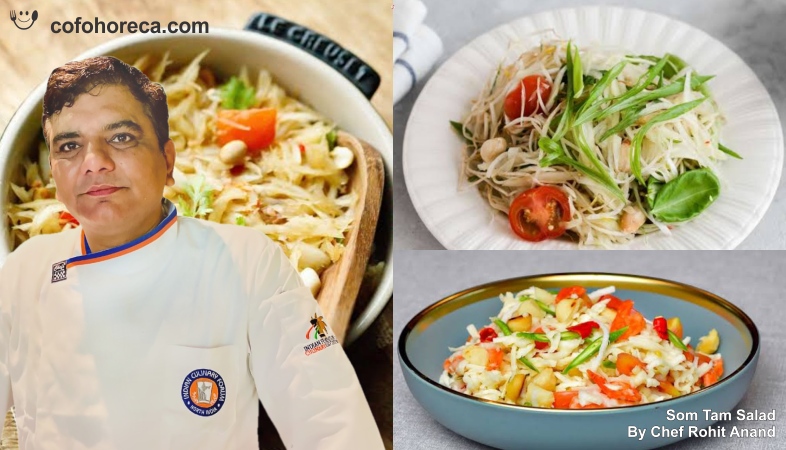
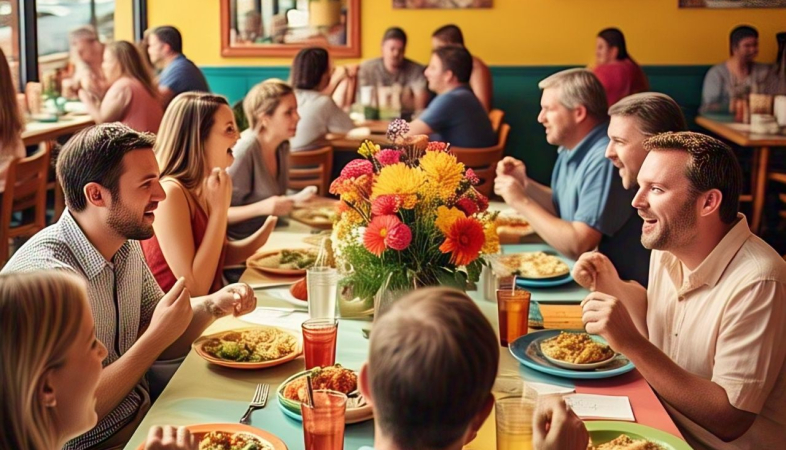

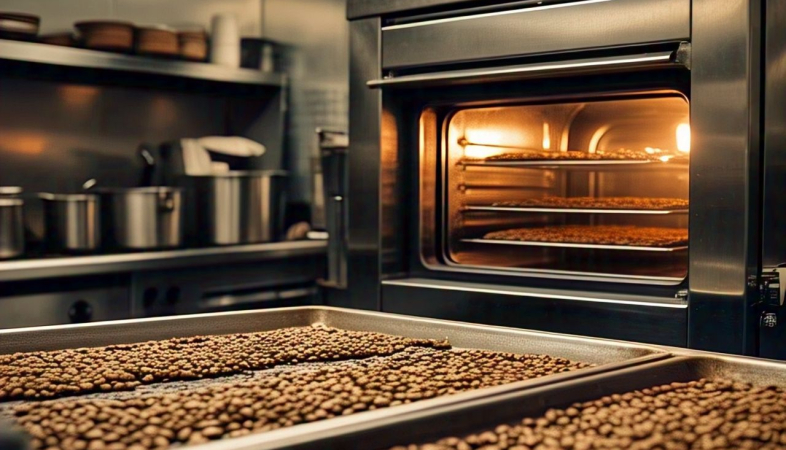





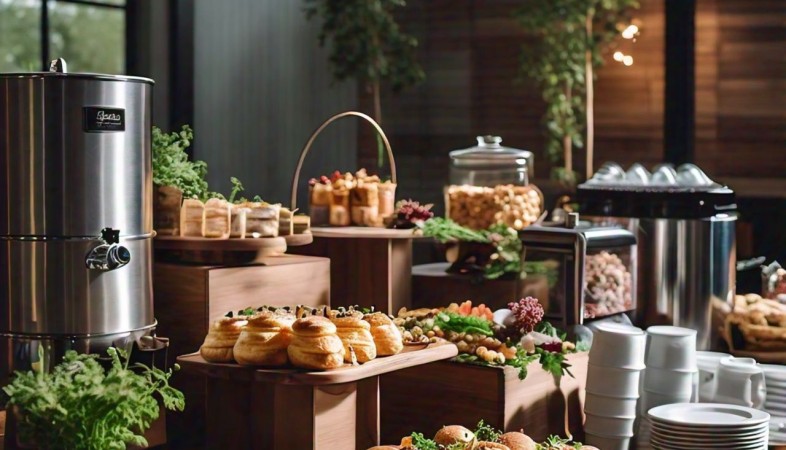
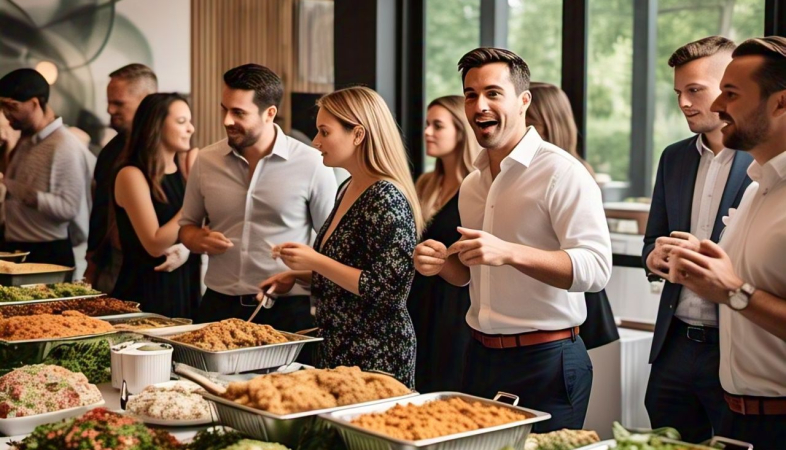

.jpeg)



